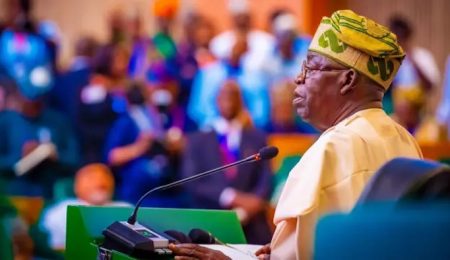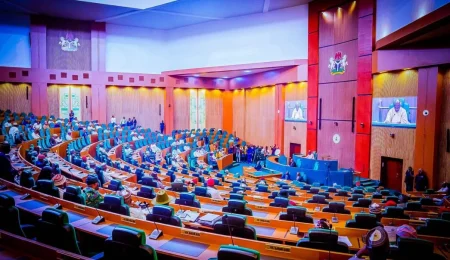Boeing’s U.S. West Coast factory workers has voted overwhelmingly to go on strike, effectively halting production of the company’s top-selling 737 MAX jet.
The strike, which commenced at midnight Pacific time on Friday, marks a significant escalation in the labor dispute between Boeing and its largest union, the International Association of Machinists and Aerospace Workers (IAM).
The strike involved approximately 30,000 workers who produce Boeing’s 737 MAX and other jets in the Seattle and Portland areas.
This is their first strike since 2008, and it came at a critical juncture for Boeing, which is grappling with chronic output delays, mounting debt, and intense scrutiny over safety concerns.
According to Jon Holden, who led the negotiations for IAM, “This strike is about respect, addressing past grievances, and fighting for our future.”
Workers had expressed dissatisfaction with the tentative agreement reached with Boeing, which included a 25% general wage increase, a $3,000 signing bonus, and a pledge to build Boeing’s next commercial jet in the Seattle area.
However, many workers felt the offer fell short of their demands, including a 40% pay rise and the reinstatement of an annual bonus.
Boeing responded to the strike announcement, stating, “We remain committed to resetting our relationship with our employees and the union, and we are ready to get back to the table to reach a new agreement.”
The company’s shares closed up 0.9% on Thursday before the vote results were announced but have plummeted 36% this year due to concerns over safety, production, and a $60 billion debt burden.
The strike’s impact on Boeing’s operations and the broader aviation industry remains to be seen.
However, one thing is clear: the workers have sent a resounding message that they would no longer accept subpar working conditions and compensation.
As the strike begins, all eyes would be on Boeing and IAM to see how quickly they can resolve their differences and get production back on track.
Boluwatife Enome
Follow us on:



